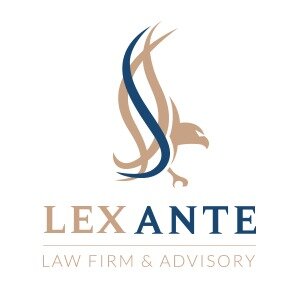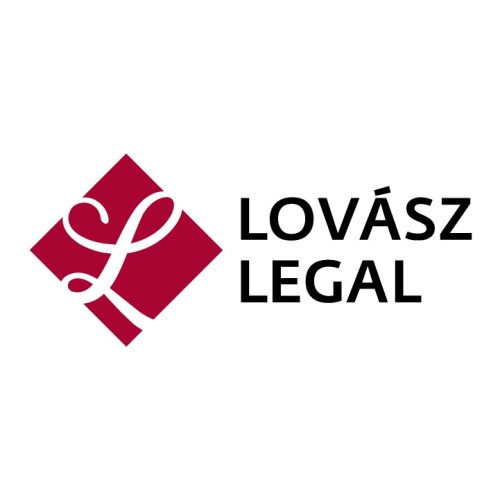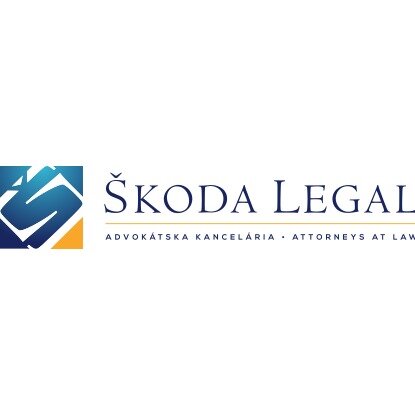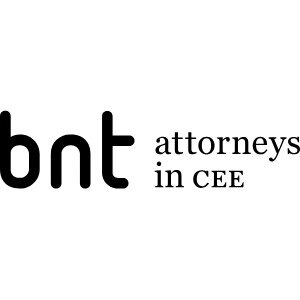Best Landlord & Tenant Lawyers in Slovakia
Share your needs with us, get contacted by law firms.
Free. Takes 2 min.
Free Guide to Hiring a Real Estate Lawyer
Or refine your search by selecting a city:
List of the best lawyers in Slovakia
About Landlord & Tenant Law in Slovakia
Landlord and tenant relationships in Slovakia are primarily governed by the Slovak Civil Code and other relevant legislation. This legal framework ensures clarity, fairness, and balance between the rights of landlords and the protection of tenants. Contracts for the rental of residential and commercial properties specify the duration, cost, rights, and obligations associated with the tenancy, providing a legal structure for both parties to rely on.
Why You May Need a Lawyer
Legal assistance can be valuable in various landlord-tenant scenarios, including:
- Drafting or reviewing rental agreements to ensure compliance with Slovak laws.
- Resolving disputes over rent prices, property maintenance, or neighbor relations.
- Handling evictions, which must follow a legally prescribed procedure to be lawful.
- Assisting in cases of rental fraud or when a landlord unfairly withholds a security deposit.
- Providing guidance on tenant rights under Slovak housing regulations.
Local Laws Overview
Key aspects of Slovak landlord and tenant laws include:
- Rental Agreements: Must be in writing and include essential details such as rental amount, payment terms, and duration.
- Rental Deposit: The deposit amount typically cannot exceed three months’ rent and must be returned upon lease termination, unless deductions are justified.
- Tenant Rights: Tenants are protected against unlawful evictions, unreasonable rent increases, and must be provided habitable living conditions.
- Maintenance and Repairs: Landlords generally bear the responsibility for significant repairs. However, minor repairs might fall on tenants depending on the lease agreement.
- Termination of Lease: Proper notice must be given by either party, with specific statutory periods required based on the type of agreement.
Frequently Asked Questions
What should be included in a rental contract in Slovakia?
A rental contract should detail the rental terms, obligations of both parties, rental payments, property description, duration, and conditions for termination.
How much notice must a landlord give to increase rent or terminate a lease?
The landlord must provide notice as stipulated in the lease agreement or follow the statutory notice period, typically ranging from one to three months.
What can a tenant do if their landlord fails to make necessary repairs?
Tenants can request the landlord in writing to perform the repairs. If ignored, tenants may pursue legal assistance or file a complaint with local authorities.
Are there protections against eviction in Slovakia?
Yes, evictions must be legally justified and follow a precise legal procedure. Unlawful evictions can be contested in court.
Can a landlord enter a rented property without the tenant's permission?
Landlords are generally required to give notice before entering the property, except in emergencies.
Is subletting allowed in Slovakia?
Subletting is permitted but must be explicitly allowed in the rental agreement or with the landlord’s consent.
What is the role of a notary public in drafting a rental agreement?
While not mandatory, a notarial certification can provide additional legal assurance and enforceability to rental agreements.
How does one terminate a lease early?
Terminating a lease early typically requires mutual agreement or conditions outlined in the lease, such as a penalty clause.
What actions can be taken if a landlord withholds the security deposit wrongfully?
Tenants can first request an explanation from the landlord, then initiate legal proceedings if the issue isn’t resolved.
What assistance is available for tenants facing housing issues?
Legal aid and counseling services are available from local authorities, non-profit organizations, or through hiring a private lawyer specializing in housing laws.
Additional Resources
For further assistance, consider contacting:
- Ministry of Justice of the Slovak Republic: Provides information on housing and tenancy laws.
- Slovak Bar Association: Offers a directory of registered lawyers specializing in tenant and landlord issues.
- Local Non-Profit Organizations: Such as housing advocacy groups that provide support and legal consultation.
- Municipal Courts: Handle disputes concerning landlord-tenant relations and can provide legal guidance.
Next Steps
If you require legal assistance, consider these steps:
- Review your rental agreement and gather any relevant documentation of the issue.
- Consult with a lawyer specializing in Slovak landlord-tenant law for personalized advice.
- Contact local authorities or tenant rights organizations for additional support and information.
- Consider mediation or legal action if disputes cannot be resolved amicably.
Lawzana helps you find the best lawyers and law firms in Slovakia through a curated and pre-screened list of qualified legal professionals. Our platform offers rankings and detailed profiles of attorneys and law firms, allowing you to compare based on practice areas, including Landlord & Tenant, experience, and client feedback.
Each profile includes a description of the firm's areas of practice, client reviews, team members and partners, year of establishment, spoken languages, office locations, contact information, social media presence, and any published articles or resources. Most firms on our platform speak English and are experienced in both local and international legal matters.
Get a quote from top-rated law firms in Slovakia — quickly, securely, and without unnecessary hassle.
Disclaimer:
The information provided on this page is for general informational purposes only and does not constitute legal advice. While we strive to ensure the accuracy and relevance of the content, legal information may change over time, and interpretations of the law can vary. You should always consult with a qualified legal professional for advice specific to your situation.
We disclaim all liability for actions taken or not taken based on the content of this page. If you believe any information is incorrect or outdated, please contact us, and we will review and update it where appropriate.
Browse landlord & tenant law firms by city in Slovakia
Refine your search by selecting a city.















